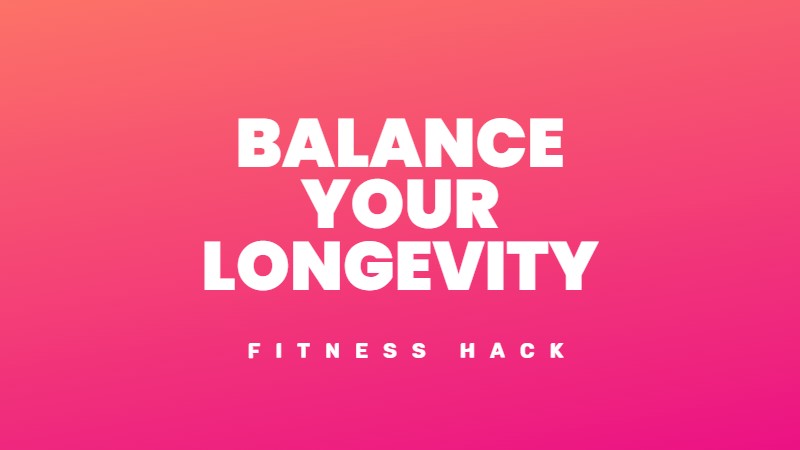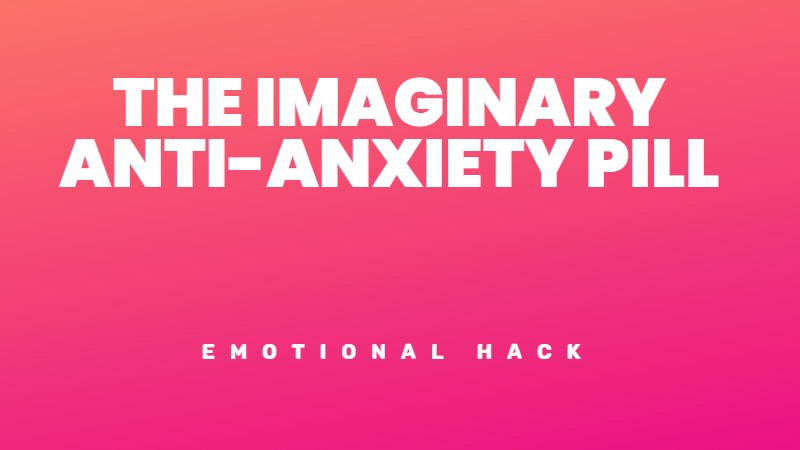Most of us take hearing for granted – until we start losing it. Hearing loss sneaks up gradually as we age, muffling sounds and making conversations harder to follow. But it doesn’t just strain our ears. It strains our brains.
Hearing loss forces the brain to work harder to process sound. This extra effort saps our mental energy and, over time, can chip away at our cognitive reserve. The result? A higher risk of dementia and accelerated cognitive decline in our later years.
Hearing aids aren’t just for hearing. They’re for thinking, too.
Treating hearing loss keeps your brain sharp
Hearing loss affects millions of older adults, but most never get it treated. That’s a problem because untreated hearing loss doesn’t just make it harder to follow conversations. It’s also strongly linked to cognitive decline and dementia.
Luckily, there’s a simple solution: hearing aids. Getting fitted with hearing aids is one of the most powerful things you can do to keep your mind sharp into your later years.
About hearing aids
As we age, we gradually lose hearing, especially for high-pitched sounds. For many, it happens so slowly they barely notice. But over time, the mind has to strain more and more to process speech and other sounds. This constant effort stresses and overloads regions of the brain, which can lead to tissue loss and harmful structural changes.
The extra mental energy needed to hear leaves less brainpower for other thinking and memory tasks. Hearing loss also tends to make people withdraw from socializing because conversations become difficult and exhausting. Less social engagement means less mental stimulation, which accelerates mental decline. It’s a vicious cycle.
But hearing aids let the brain hear again without straining. They free up mental resources, make conversations easy and rewarding again, and give the brain the stimulation it needs to stay resilient. The earlier you intervene with hearing aids, the more you can protect cognition.
Practical steps
Extra tips
Real-life examples
Kareen is a lively 70-year-old who gradually started having trouble following conversations at big family dinners. She had to ask people to repeat themselves a lot. After getting hearing aids, she can keep up with the cross-talk again and comes away feeling energized by the stories shared.
Hans is a 65-year-old sales manager who used to love schmoozing with clients. But as his hearing worsened, he dreaded these conversations because he couldn’t quite make out what was said and felt exhausted afterwards. With hearing aids, he regained his confidence and joy in his work.
These people save their brains by not letting hearing loss slowly chip away at their neural pathways. With the brain, you need to use it or lose it. Hearing aids let you use more of your auditory system to stay robust.
Get your hearing checked sooner rather than later, and don’t hesitate to use hearing aids. They can help you stay engaged with others and keep your mind sharp well into old age.




Leave feedback about this